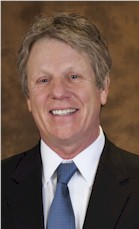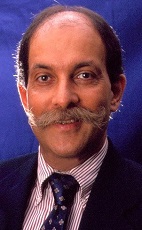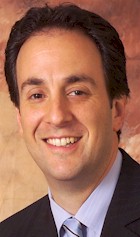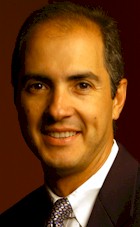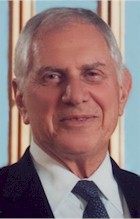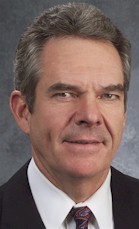
- Hospitality Law
- Rolling the Dice: There May Be Risks When Hospitality Companies Put Their Brand on Gambling
According to the Greek philosopher Heraclitus, "The only constant is change." The leisure industry, not unlike other industries, is in a state of constant transition. With change comes risk; the risk associated with entering a new business, and the risk of lost opportunity. As recently as 1978, Nevada was the only state to offer casino gambling. However, significant developments have taken place in the latter half of the 1990's, as the number of states permitting casino gambling increased from one, to 27 by the new millennium. Casinos can now be found on riverboats and in resort locations, perhaps with the most explosive growth occurring on Indian reservations. Not surprisingly, with the expansion of casinos and the popularity of commercial gaming, Nevada was one of the fastest growing states during the second half of the 20th century. READ MORE



